Gypsophila Seeds

- Free worldwide shipping on all orders over $100
- Delivers in: 3-7 Working Days Shipping & Return
🌸 What Are Gypsophila Seeds?
Gypsophila seeds grow into delicate, airy flowering plants commonly known as baby’s breath. Native to Eurasia, these plants are famous for their tiny white or pink flowers that create a cloud-like effect, widely used in floral arrangements and gardens for a soft, romantic touch.
1.🌿 Botanical Features
-
Seed Shape: Tiny, smooth, oval seeds
-
Flower Colors: Mostly white, sometimes pink or lavender
-
Flower Form: Small, star-shaped clusters on branching stems
-
Plant Height: 1–3 feet tall depending on species
-
Foliage: Narrow, gray-green or blue-green leaves
-
Germination: 10–14 days in cool, moist soil
-
Growth Habit: Bushy, branching
2.🍽️ Culinary Uses
Gypsophila is not used in cooking and is grown solely for ornamental purposes.
⚠️ Note: Not edible, avoid ingestion.
3.🏥 Traditional Uses & Benefits
Gypsophila has limited traditional medicinal use but is mainly valued for:
-
Decorative floral use in weddings and bouquets
-
Symbolizing purity, innocence, and everlasting love in flower language
4.🌱 Growing Gypsophila from Seed
Step-by-Step Guide:
-
Sow Indoors or Directly Outdoors:
-
Indoors: Start 6–8 weeks before last frost
-
Outdoors: Sow after danger of frost passes
-
Sow seeds lightly on surface or barely cover with soil
-
-
Light & Moisture:
-
Prefers full sun to light shade
-
Keep soil moist but not soggy
-
-
Transplanting & Spacing:
-
Thin seedlings to 8–12 inches apart
-
Plant in well-drained, alkaline to neutral soil
-
-
Care Tips:
-
Prune lightly after flowering to encourage bushiness
-
Drought tolerant once established
-
🔍 Fun Fact
Gypsophila’s common name, baby’s breath, comes from its delicate, cloud-like flowers that seem to “breathe” light and air into floral arrangements, making it a timeless favorite in bouquets worldwide.
Your email address will not be published.



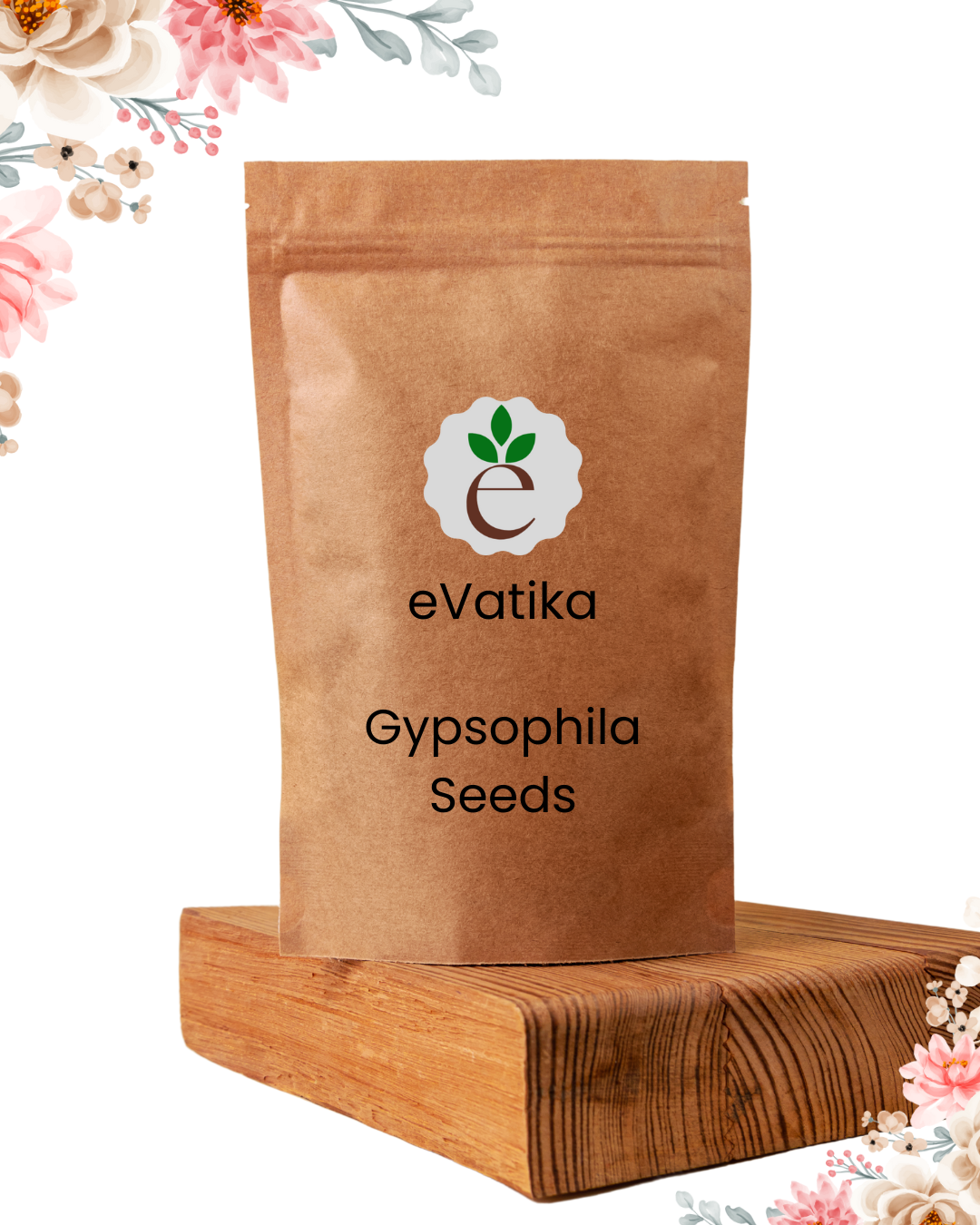
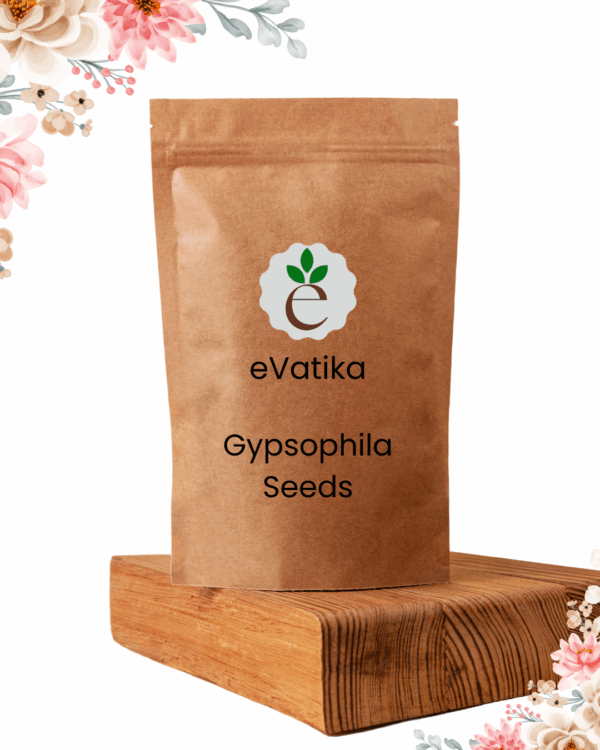
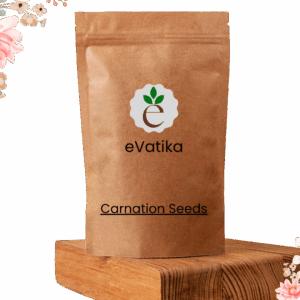
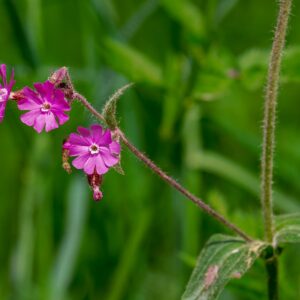
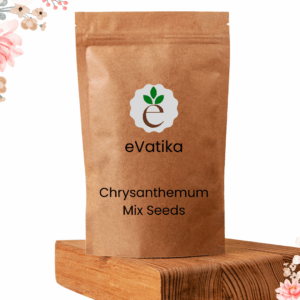
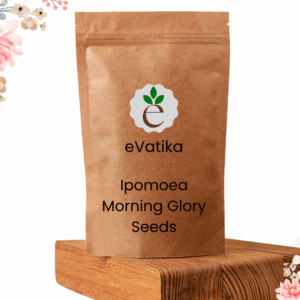
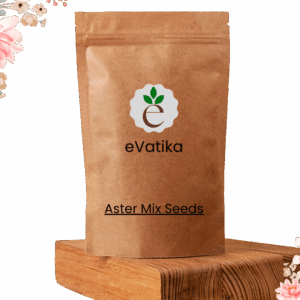






Reviews
There are no reviews yet.